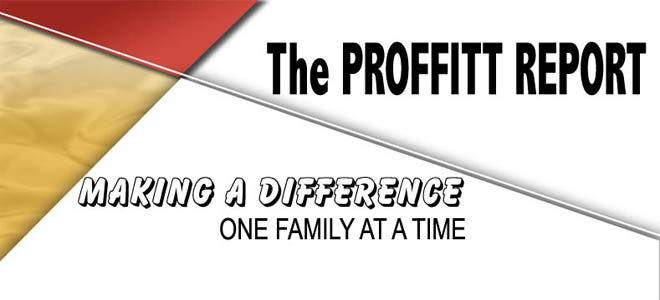 For the second consecutive month, U.S. consumer confidence is plunging. July's official reading is its lowest since July of last year and the figures run in stark contrast to just two months ago, when the index touched a multi-year high.
For the second consecutive month, U.S. consumer confidence is plunging. July's official reading is its lowest since July of last year and the figures run in stark contrast to just two months ago, when the index touched a multi-year high.
According to The Conference Board, July's figures are reflective of a more pessimistic consumer; one concerned about "business conditions and the labor market".
Falling confidence numbers are presumed to be poor for the economy. For homeowner and home buyers , however, they can create opportunity. Low confidence can influence the mortgage market in a positive manner, driving mortgage rates down.
Mortgage rates are already at their lowest levels of all-time.
The link between consumer confidence and everyday mortgage rates roots in consumer spending.
Consumer spending accounts for close to 70% of the overall U.S. economy so, the thought goes that, a less confident consumer is less likely to spend money, thereby retarding economic growth. This harms the stock markets and drives cash to bonds, including mortgage-backed bonds.
More bond demand leads bond prices to rise which, in turn, pushes mortgage rates lower.
The other side of lagging confidence is that Americans may be less likely to take new financial risks when they're feeling unsure, including buying a new home. This can then drag on the housing market, negatively impacting home prices.
Falling home values can help buyers, harm sellers, and stymie would-be refinancers.
It's tough to predict how consumer confidence data will work its way through the economy, but in the near-term, it appears to be helping mortgage rates stay low. If you're floating a mortgage rate with your lender, or contemplating a refinance, the time may be right to lock in a rate.
Low rates can't last forever.








No comments:
Post a Comment